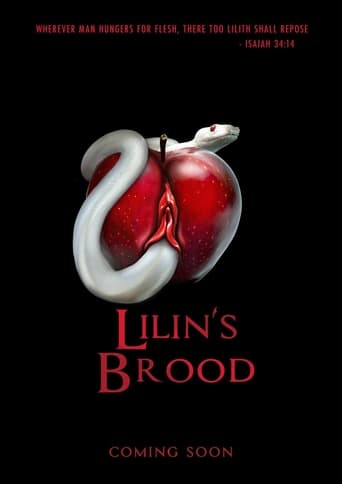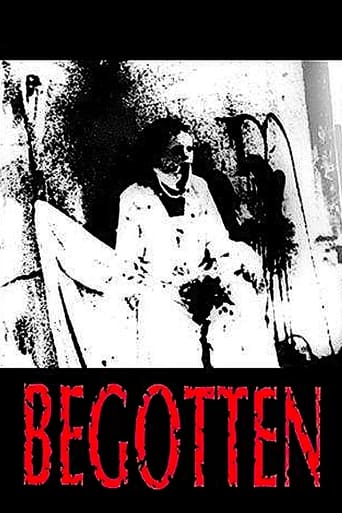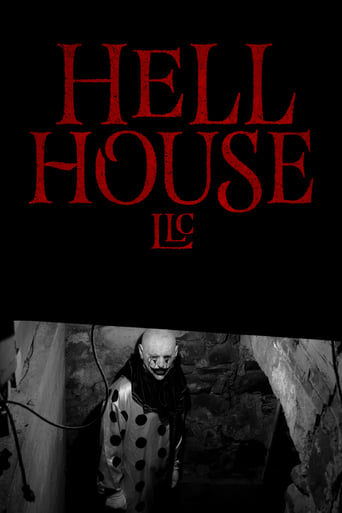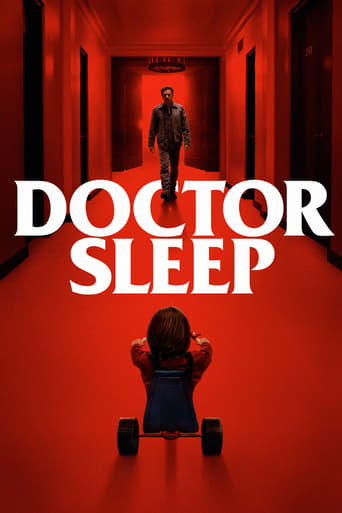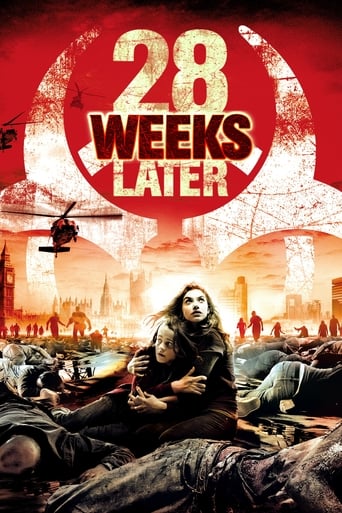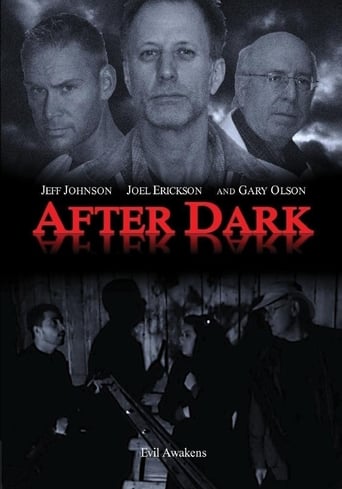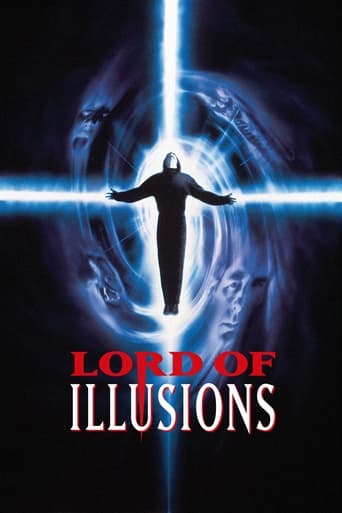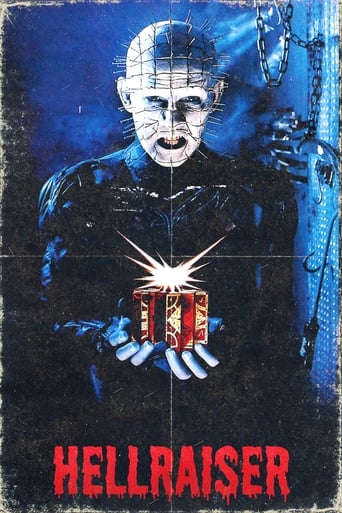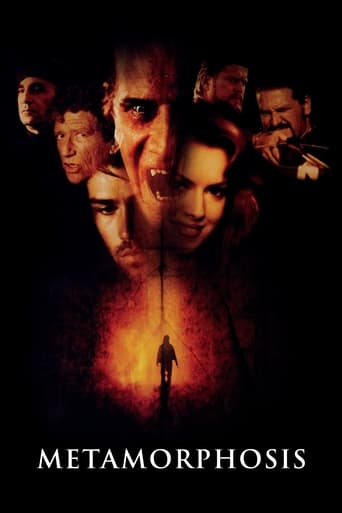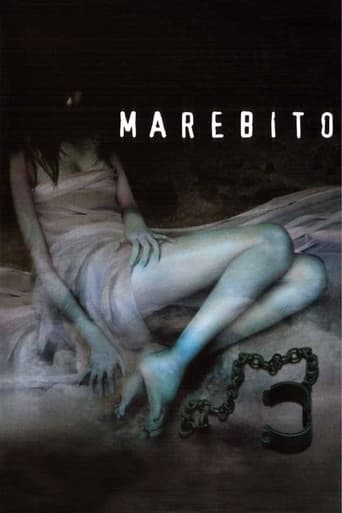
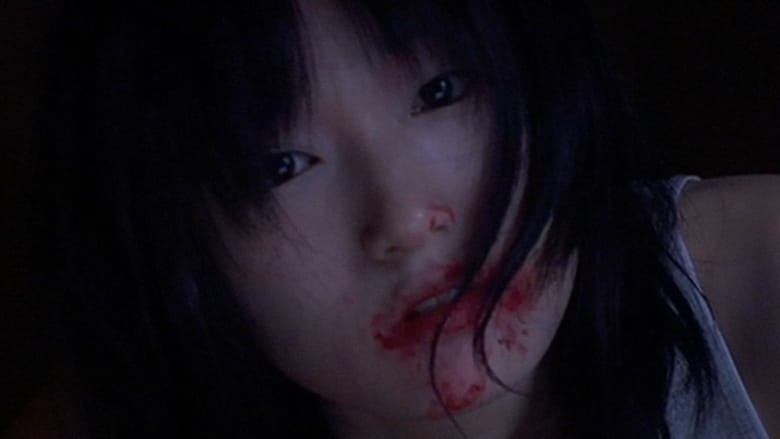
Marebito (2004)
A fear-obsessed freelance cameraman investigates an urban legend involving mysterious spirits that haunt the subways of Tokyo.
Watch Trailer
Cast


Similar titles
Reviews
The Worst Film Ever
So much average
Good movie, but best of all time? Hardly . . .
It really made me laugh, but for some moments I was tearing up because I could relate so much.
Marebito is the kind of horror film that relies on atmosphere and not loud noises to scare you. Sadly, the biggest problem with this film was its slow pace. It had some wonderfully interesting moments, but over all many scenes felt like they drag on. There's many different ways to interpret this film, which I love, and the ending is creepy enough to stay with you. I wish I was able to love this film, but I only loved specific moments, while the rest of the film left me underwhelmed. If you're looking for a unique Japanese horror film that will give you a major case of the creeps, check this out, but be prepared to be a little bored at times.
This sounded very interesting to me in an abstract/visual experiment kind of way when I read about it. Man takes a movie camera to the subway of Tokyo in search of unspeakable horrors and comes up with some to take back to his apartment. I love movies that take a peripatetic approach, that take us on walkabouts through weird/elaborate architecture, from The Shining to Last Year at Marienbad, and I hoped this would be one of the greats.I like these films to be shot in DV, lights are harsh and cold and space attains an immediacy that appeals to me. If I was disappointed in this then it's not because it meanders and is short on plot but rather because the lovely visual experiment is used by Shimizu to tell a story of almost EC Comics simplicity, madness and damnation. The protagonist sees news footage of a man stabbing his eye in the Tokyo subway. The epiphany to go looking in the subway for that ultimate terror gleaming in the victim's eyes moments before his death comes seemingly after a quick mashup of superimposed images of video screens, white noise, and reaction shots of the character looking dazed - a visual slapdash chaos that seems like the director's way of saying "something clicked in his mind" and nothing more.I like that Shimizu simply took a camera to the streets of Tokyo to make Marebito, we really don't see enough films of that kind by people who know how to make them, and I wish he would've used Hollow Earth as a springboard of ideas instead of making direct allusions to it. I was fascinated by the subject in my teens, as with other mystical theories I'm still shocked that there are people who take it at face value, as something more than interesting myth (Shimizu fortunately is not one of them), yet the discussion in the subway tunnel where a bunch of arcane references to the subject are bandied up serves nothing. I'm still glad that I saw it though, made me want to see some more Shinya Tsukamoto.In the end, Marebito is about a man's struggle with his own madness, but it's a bit slapdash about telling us about it.
This movie seemed to derive itself from the works of Abe Kobo, a Japanese existentialist novelist who created vast unseen worlds. The underworld presented in this book was much like those of Abe. The main character has no charisma and evokes no sympathy; however, as a viewer, I couldn't wait to see the next thing that would happen to him. He is a man obsessed by video, video-taping his whole day, then reviewing the tapes until late into the evening.A suicide, which he films, starts him on his journey into the underworld. He comes back with a mute vampire, who he is compelled to feed, eventually through a couple of matter-of-fact and video-documented murders. The movie is low-budget: The underworld is spiral stairways and municipal tunnels opening to what looks like a mountain-scape. None of these venues look like sets, but have a more mundane feel. The acting and directing is solid. I was disappointed by the ending which, I must confess, I didn't "get"...
Viewers be warned; Marebito is NOT a horror film in the traditional sense, but more of a serious psychological drama, one which uses the conventions of horror cinema to mask the more unsavoury elements of the plot. Those turning in for the deft shock tactics of films like The Ring or The Grudge, or even those looking for the menacing violence of Audition and Abnormal Beauty will no doubt be incredibly disappointed by this quiet, almost ambient offering from director Takashi Shimizu, in which the actual horror of the story cannot be truly comprehended until it has been digested, dissected and decoded at the end of the film's abstract, dreamlike climax.I feel it important to stress this, as the back cover of the Tartan DVD leads the viewer to expect a characteristic classic of the J-Horror/Asian Horror sub-genre, with an innocent character drawn into a series of unbelievable supernatural events becoming haunted by some form of forgotten evil - and then having to battle to save themselves and the ones they love - whilst simultaneously trying to solve this central, ghostly mystery. We can see this set up in many of the best Asian horror films, from the two benchmarks aforementioned (The Ring and Grudge series, for starters) to other fantastic films like The Eye, Infection, Premonition and Resurrection. This, however, isn't the case, with Marebito remaining fairly vague and minimal in both it's writing and design, whilst spending at least 99% of the running time in the company of the central character, who wanders from scene to scene with a detached, noir-like melancholy, delivering long monologues in broken voice-over to subtly give clues as to what is REALLY happening between the layers of abstracted reality.The voice-over is a big clue here that the film shouldn't be treated as a horror along the same lines as some of the films previously mentioned, and instead, should be seen as a character studying the existentialist tradition of Kafka and Camus. There's nothing in this film that will really horrify you; though there are some moments that will disturb... perhaps even more so after you've seen the film through to the end and begin piecing the action back together.The film for me weaves together a number of strands that hint at alienation, mental disintegration and the desensitisation to real life horror through the continuing sophistication of video surveillance equipment and the narcissistic cultural trend for people to film, photograph and document their entire lives for the benefit of no one but themselves. With this in mind, the obvious reference points would include Martin Scorsese's Taxi Driver, the Coen Brother's Barton Fink, Darren Aronofsky's Pi, Miike Takashi's Visitor Q and the early films of Shinya Tsukamoto, the visionary director of works like the Tetsuo films, A Snake of June, Tokyo Fist, and indeed, the lead actor of this very film (Coincidence? I don't think so). Like the films that Tsukamoto has directed himself, Marebito has a sinister and brooding quality; unfolding in a series of dimly lit, claustrophobic interiors littered with electronic equipment and the distant hum of ambient technology acting as constant reminder of the central character's all too obvious human frailty. To add to this, the film is shot entirely on video, rather than film. This gives the picture a very cheap, grainy and constantly mobile quality, which, when edited together alongside the actual footage of Tsukamoto's camera-man character, helps to further blur the lines between fantasy and reality.Like I said, it's a fascinating film on both a creative and intellectual level; but if you're looking for a great HORROR film, then this isn't it. The film employs dream logic and the notion of an unreliable narrator, and very much exists in the same psychological universe as the films of David Lynch, in particular his loose trilogy of existential works, Twin Peaks: Fire Walk With Me, Lost Highway and Mulholland Drive, in the way that a more elaborate story is created by the central character and viewed by the audience in an attempt to mask the real-life horror at the heart of the story.





